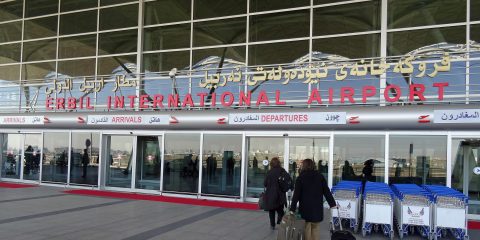Iraqi shrine tablets offer blessings, cures and a living
For pilgrims, the clay tablets from Iraq’s Shi’ite Muslim Kerbala shrine are a blessing, an aid to prayer, even a cure for sickness. For local families, the are all that, and also a business. The tablets, known as “turbah” or soil in Arabic, come in many shapes - round, square, lozenge, half-circle - with various […]Alaa al-Marjani writes for Reuters:
For pilgrims, the clay tablets from Iraq’s Shi’ite Muslim Kerbala shrine are a blessing, an aid to prayer, even a cure for sickness. For local families, the are all that, and also a business.
The tablets, known as “turbah” or soil in Arabic, come in many shapes - round, square, lozenge, half-circle - with various inscriptions, often praising Imam Hussein, Prophet Mohammad’s grandson who is buried in the city.
But they are all pressed from the same sand dug up around the site, 100 km (62 miles) south of Baghdad, where the imam was killed with most of his companions and many of his family in the 7th century, after he rose up against Ummayyad Caliph Yazeed.





